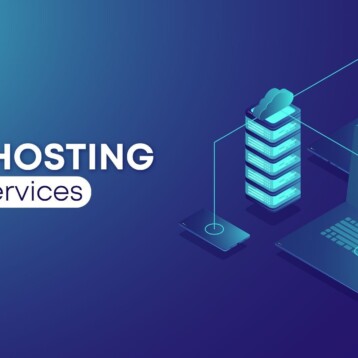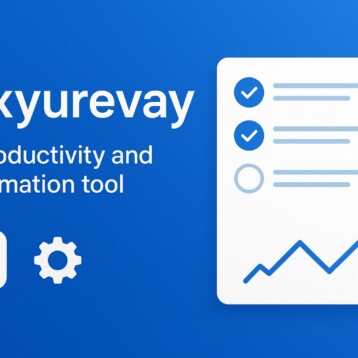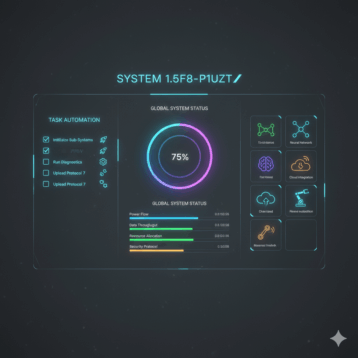
There’s not an industry operating today that isn’t feeling the effects of technology, particularly when it comes to Big Data. Big Data is ringing in industrial change across the board – including, even especially, in those industries that rely on fleets of transport vehicles, from shipping to construction to public transport.
Thanks to the wealth of data available to fleet managers today, fleet management is transitioning from a reactive industry, forced to deal with issues after they occur, to a proactive one, able to cope with problems in real time, as they arise. Big data allows fleet managers to make informed decisions about daily operations, such as driver performance and behavior, vehicle condition, asset and driver locations, route information, fuel use, preventative maintenance, and more.
Fleet Management Has Entered the Digital Age
Thanks to Big Data telematics, fleet managers no longer need to rely on spreadsheets or paper records. Now, they can use cloud-based platforms to collect, track, and analyze important data. For example, drivers can now use mobile telematics systems to record routine maintenance, information that fleet managers can use to monitor service records electronically and develop maintenance plans. Where once fleet managers had to comb through stacks of paper to keep up with their vehicles’ service history, now, they can fleet data at the speed of the internet. Now they can monitor whether vehicles received suggested repairs and how much those repairs cost, with a level of ease and speed that enables them to negotiate better contracts with service providers and keep more vehicles running more often.
Insights Are More Readily Available than Ever
With the help of Big Data and software solutions that allow fleet managers to take advantage of it, it’s now possible for fleet managers to learn more about daily operations, more quickly, that would have ever been thought possible 30 or 40 years ago. Telematic software solutions can provide fleet managers with data about driver performance and behaviors, like speeding or harsh braking so that they can take corrective action before an accident occurs or the vehicle sustains related wear and tear. Monitoring driver data via electronic logs can help fleet managers re-route drivers and vehicles to different job sites, or help them find faster, safer routes that bypass road work or accidents. And that’s just the tip of the iceberg.
Big Data can provide insights into vehicle problems, like low tire pressure, helping drivers avoid breakdowns and keeping more vehicles on the road more often, for greater productivity. Fleet managers can use the information they glean with software and computer tools to extend the life of vehicles and shorten periods of unexpected downtime that may result due to a lapse in regular maintenance. They can monitor how much fuel drivers are using, in order to keep unauthorized fuel usage from eating into a budget. They can even use the data they gather to decide whether drivers are living up to performance metrics.
Telematics devices already help fleet managers increase efficiency and make better decisions for the use of 30 percent of all fleet vehicles in North America. By 2022, that number is expected to reach nearly 50 percent, as the cost of these devices and programs drop and more fleets adopt driver monitoring programs. These systems are so easy to use, and so efficient gathering data, that many fleet managers will struggle to put all of it to effective use. As fleet management evolves to take full advantage of this new technology, fleet managers will increasingly need data analytics skills, and fleet managers will need to evolve from automotive professionals to full-blown IT professionals as they increasingly find themselves navigating an environment awash in real-time updates and new data points.
As the fleets increasingly implement telematics devices and become more connected, they’ll continue to generate ever-larger amounts of data. This data stands poised to revolutionize the industry, making shipping and transportation more efficient than ever by minimizing breakdowns and accidents and improving driver performance. The fleet manager of the future will be a skilled IT professional who uses data analytics to extract actionable insights from the information telematics devices capture – and that’s good news for an industry in which efficiency, speed, and wise use of resources are growing ever more important.










